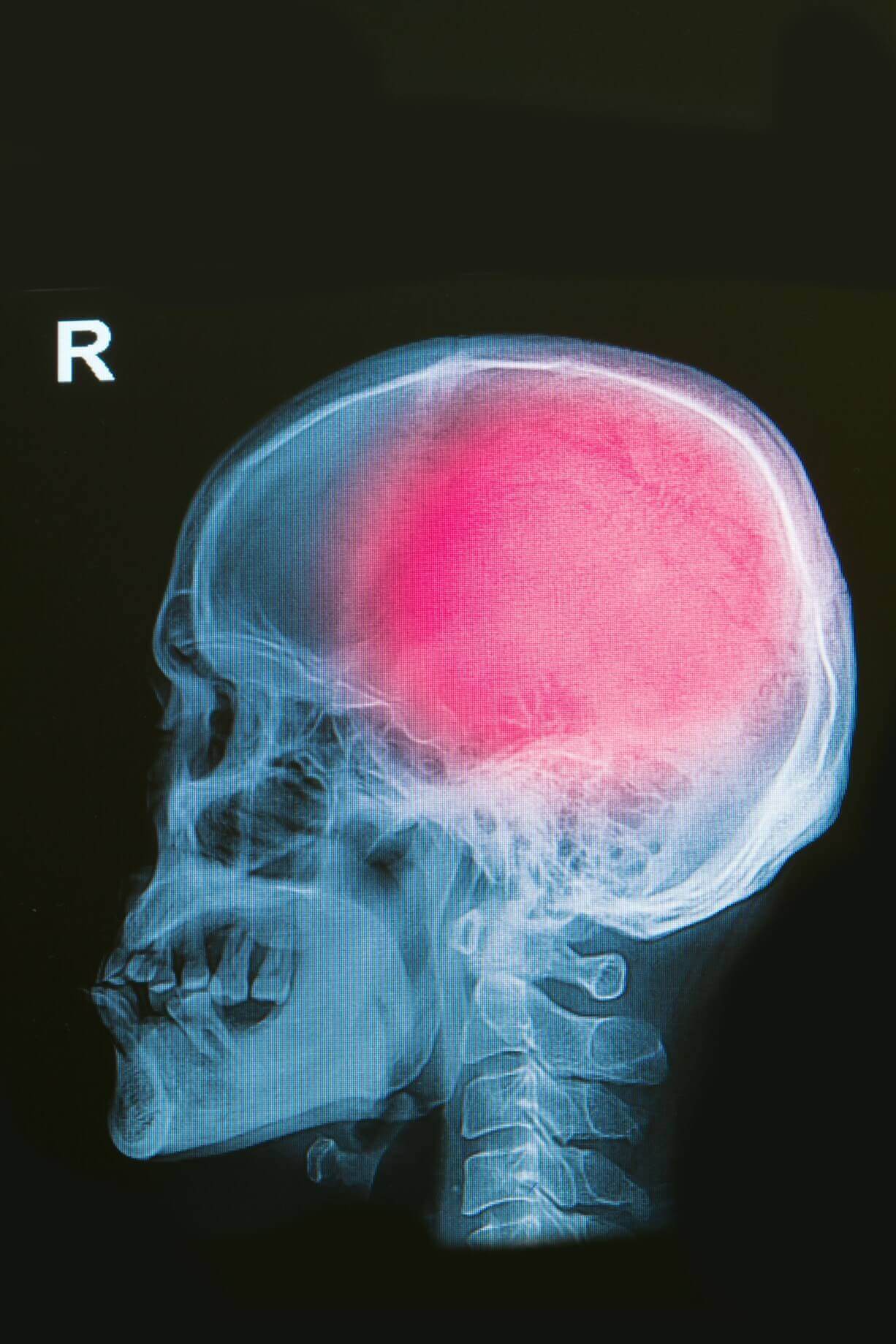How do you know if you or someone you love has suffered a traumatic head injury?
Every year over a million Americans suffer traumatic brain injuries, or TBI. These injuries can be caused by blows or jolts to the head or body. They can also be caused when a person is shaken, or by an object piercing the head. Any type of accident or trauma – like a car crash, a fall, or a sports injury – can be cause for unseen damage to the brain. While symptoms of trauma sometimes appear immediately after the accident, often they may not show up until hours, days, or even weeks later.
Because of this, it is important to be aware of the warning signs for TBI. Those suffering brain trauma may require immediate medical attention to prevent long term brain damage or even death. Below we have listed common symptoms that may indicate TBIs. If you suspect you or someone around you has suffered a traumatic blow to the head, you should seek immediate medical attention.
Symptoms of Mild Traumatic Brain Injury
Symptoms of mild forms of TBI may include:
- Headaches
- Nausea and/or vomiting
- Loss of consciousness, lasting from a few seconds to a few minutes
- Dizziness
- Loss of balance
- Lightheadedness
- Blurred vision
- Ringing noise in the ears
- Sensitivity to light and sound
- Tiredness or sleepiness
- A bad taste in the mouth
- A change in normal sleeping habits
- Behavior or mood changes
- Disorientation
- Trouble with concentration, memory, focus and/or thinking
- Sleeping more than usual
Symptoms of Moderate to Severe Traumatic Brain Injuries
A person with moderate-to-severe trauma may experience some of the symptoms above. Signs that a head injury may be more severe include:
- Persistent headache that gets worse or will not go away
- Loss of consciousness for several minutes to several hours
- Loss of coordination and motor skills
- Slurring speech
- Seizures or convulsions
- An inability to wake up from sleep
- Repeated vomiting or nausea
- Enlargement of one or both pupils (the dark center part of the eye)
- Weakness or numbness in toes and/or fingers
- Clear fluids draining from the nose and/or ears
- Agitation, combativeness, or other changes from normal behavior
- Coma
Signs of TBI in Children
With children, traumatic brain injuries can be especially hard to recognize, as even older children often lack the ability to communicate abstract sensory or cognitive problems. Signs that a child has received a traumatic head injury include:
- Change in eating or nursing habits
- Unusual degree of irritability
- Persistent crying with an inability to be consoled
- Change in sleep habits
- Sad or depressed mood
- Loss of interest in favorite activities and toys
- Change in ability to pay attention
It is important to note that the terms “Mild,” “Moderate,” and “Severe” refer to the effect of the injury on the brain’s ability to function. All types of head trauma, even “mild” forms, can be serious and require medical attention. If you or someone around you is displaying these symptoms following a blow or other type of traumatic injury to the head, seek emergency medical care immediately.
What To Do If You Suspect A Traumatic Brain Injury
Before anything else, you should seek medical advice if you are concerned by any blow or head trauma. Even accidents that may seem minor can develop into more serious issues. Prompt medical advice is also important if you are considering pursuing a lawsuit, as a medical professional can help establish the extent of the injury you or your loved one has suffered.
Once you have gotten appropriate medical attention, it is important that you speak to an knowledgeable personal injury lawyer as soon as possible. These types of injuries can be incredibly costly, and if someone else’s negligence is responsible, you deserve to receive fair and just compensation so that you can get back on your feet. Speaking with experienced legal counsel is also useful if you are considering applying for workers compensation or negotiating with an insurance company.
If you think someone else caused you to suffer a recent traumatic blow to the head, please contact us. We strive to not only secure our clients the compensation they need to get the best possible treatment, but also hold guilty companies or individuals accountable for their misdeeds. By bringing them to justice, we hope to make our community just a little bit safer and keep someone from suffering the same kind of injury in the future. Don’t wait – seek qualified legal counsel with a track record of success in brain injury cases.





